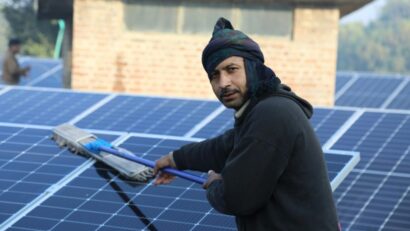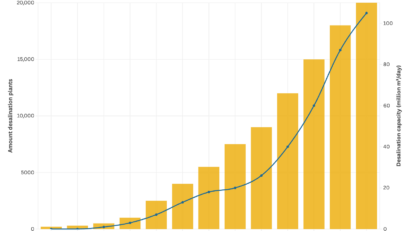
Wikipedia’s Community vs. Right-Wing Manipulation: A Fight for Truth
Wikipedia has been under attack. Right-wing extremists tried to change history, twist facts, and spread their own version of the truth. But they didn’t expect the pushback. This is the story of how the Wikipedia community came together to defend the truth—and won.
The Secret Plot to Rewrite History
In 2007, a sharp-eyed Wikipedia user named “Eintragung ins Nichts” (“Entry into Nothingness”) noticed something strange. A group of accounts was repeatedly editing articles about World War II, right-wing extremism, and antifascism. Their changes weren’t minor—they were designed to rewrite history.
The method? “Sockpuppets“—multiple fake accounts controlled by a single group—were used to make it seem like there was widespread agreement on false information. One of the biggest attempts was to introduce the term “Red Holocaust,” a phrase pushed by far-right groups to equate Nazi crimes with communist actions, watering down Germany’s responsibility for the war.
Wikipedia’s Community Fights Back
But Wikipedia’s volunteers refused to let misinformation win. Editors and administrators launched an investigation using special tools to track suspicious accounts. What they uncovered was shocking: more than 700 fake accounts were working together to spread false narratives.
Over three years, the Wikipedia community fought back, banning these accounts one by one. But the attackers didn’t stop. They created new accounts, found new ways to manipulate pages, and continued their attempts to twist history. What made Wikipedia’s response powerful wasn’t a central authority taking charge—it was ordinary people, working together, who refused to let truth be erased.
Another Front: The Croatian Wikipedia Takeover
The battle wasn’t just in German Wikipedia. In the 2010s, Croatian Wikipedia was hijacked from within. Nationalist administrators took control, rewriting history to downplay Croatia’s fascist past. Articles about the Ustaša, the country’s World War II fascist movement, were whitewashed. The concentration camp Jasenovac, where thousands of Serbs, Jews, and Roma were murdered, was falsely described as a “labor camp”.
Unlike in Germany, where an active community stopped the manipulation, Croatian Wikipedia was dominated by extremists for years. Editors who tried to correct falsehoods were banned. Only after public outcry from historians, journalists, and even the Wikimedia Foundation did the issue gain wider attention—but fixing the damage took years.
Why This Battle Still Matters
Wikipedia’s fight against manipulation is far from over. Right-wing groups continue to try to spread their version of history, and smaller Wikipedia editions remain especially vulnerable. But there’s hope:
– The Power of Transparency: Because Wikipedia is open, people can detect and correct manipulation.– Community Matters: Automated tools help, but human editors are the real defenders of truth.– We Need More Editors: Fewer people are actively contributing to Wikipedia, making it more vulnerable to future attacks. If young people stop editing, who will protect the truth?
Wikipedia’s volunteers showed that misinformation isn’t unbeatable. They proved that ordinary people can stand up to organized manipulation. But their success depends on one thing: a strong, engaged community.
This work is licensed under the Creative Common License. It can be republished for free, either translated or in the original language. In both cases, please cite Kontrast / Sarah Hammerschmid as the original source/author and set a link to this article on TheBetter.news. https://thebetter.news/wikipedia-fight-right-wing-manipulation/
The rights to the content remain with the original publisher. Läs mer…








